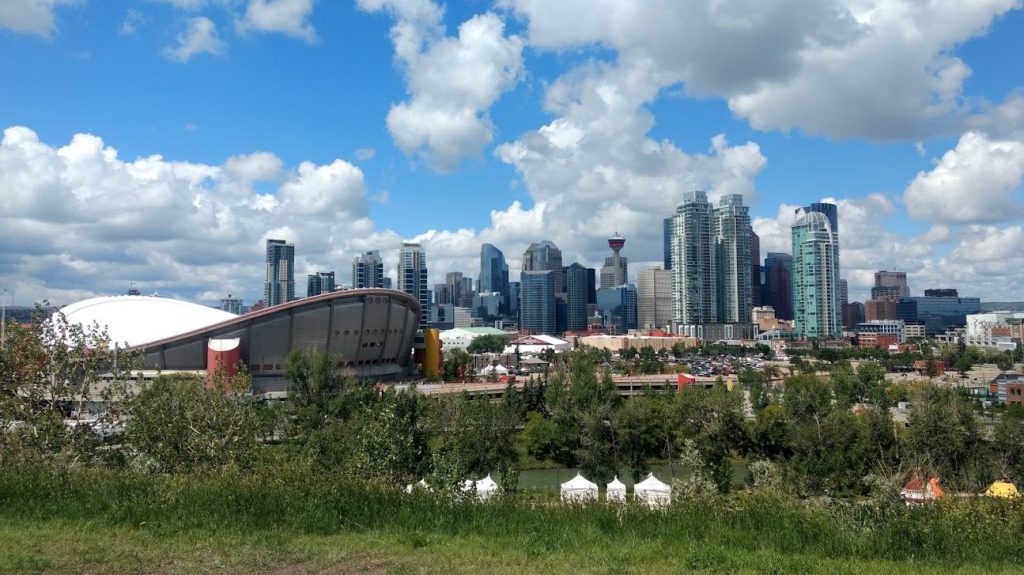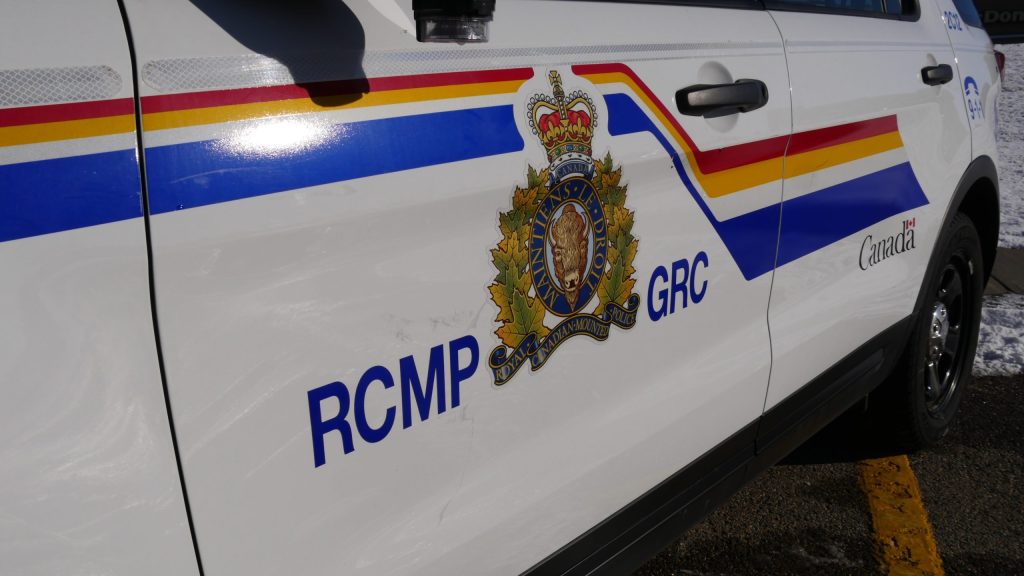Alberta government introduces recall legislation
Posted Mar 15, 2021 3:18 pm.
Last Updated Mar 15, 2021 6:47 pm.
EDMONTON (660 NEWS) — If you are unhappy with the performance of your MLA, city councillor or school trustee, a new mechanism could be introduced in Alberta to hold a by-election.
Bill 52, the Recall Act, sets forward a process that can allow citizens to call for a vote to remove and replace elected officials. If passed, Alberta would be only the second jurisdiction in Canada to have this type of legislation next to British Columbia.
It is legislation that has long been promised by the United Conservative Party, as they said they plan to hold elected officials accountable. The movement to create recall legislation was also approved by a provincial committee in 2020.
A multi-step process is laid out, beginning at least 18 months after an election and until six months before the next general election if a recall is sought for an MLA.
“To put Alberta voters in the driver’s seat,” said Premier Jason Kenney. “At the end of the day, ordinary Alberta voters are the boss in our democracy. And if they lose faith in their elected representatives, that they can hold them to account in between elections.”
An Albertan can appeal to the Chief Electoral Officer for a petition, and then have 60 days to gather physical signatures from 40 per cent of eligible voters in a constituency. The petitioner and any canvassers who assist with the process must reside in that same constituency.
The Chief Electoral Officer will then ensure signatures are valid and meet the threshold of 40 per cent of eligible voters.
READ MORE: Mass vaccination clinic to open at Telus Convention Centre
A recall vote would then be held, and if it is successful through a simple majority, a second vote would be held through a by-election which could result in that elected official being replaced.
For municipal or school board officials, there are fewer steps.
To remove a municipal official such as a city councillor or school board official such as a trustee, the petitioner also needs to gather signatures from voters amounting to 40 per cent of the population of a municipality or ward, after notifying either the Chief Administrative Officer of a municipality or secretary of a school board. For municipal recalls, the petitioner must get signatures within 60 days, while there is a limit of 120 days for school board recalls.
But no vote is required under the legislation, as the elected official would immediately be recalled if that 40 per cent threshold signed the petition.
Petitioners are also responsible for all of the costs incurred for recall actions, and there will be limits on how much Albertans and third-parties — such as political action committees — can spend on promoting or arguing against the initiative.
“There’s pretty clear legal standards and all of this will be overseen and implemented, in the case of MLAs by the Chief Electoral Officer, and then of course in the case of school boards and municipal officials, by relevant non-partisan government agencies,” said Kenney.
The legislation proposed does also differ from the prior committee recommendation, as they resolved that petitioners should have 90 days to gather signatures. If it were to be reduced to 60 days, then they said the threshold for signatures should be lowered as well.
“At the end of the day, we had to take a look at all of those things to make a determination as to what is the appropriate policy here to strike the right balance, and I think that is what we have done,” said Justice Minister Kaycee Madu.
But there appears to be a disparity, as it would be easier to recall a municipal or school board official as there are no subsequent votes required. Kenney and Madu said it relates to the ability for the province to hold such votes.
“I think that the province has, frankly, better infrastructure to administer special elections of this nature,” the premier said.
“This is taking into consideration the unique circumstances of the legislation we are dealing with here,” said Madu. “At the provincial government, we have more capacity. The recognition that at that particular level, the Chief Electoral Officer has got more resources at his disposal to be able to administer those elections.”
Unlike other legislation that has been proposed recently, there is no targeted proclamation date for this bill.
“I would expect that it would be proclaimed into law and be operational later this year,” said Kenney. “And well before six months prior to the next election.”
In British Columbia, the rules for recalling an MLA are identical, also requiring 40 per cent of eligible voters in a riding to sign a petition and then begin a voting process for the general electorate.
However, as mentioned, B.C. does not have legislation in place that allows for the recall of municipal or school board officials. Since that province’s legislation came into effect in 1995, 26 recall petitions have been approved by the Chief Electoral Officer, but five of them did not have enough signatures and one of them was halted because the member being targeted for recall resigned.
Out of the remaining petitions, none have resulted in an elected official being recalled.










